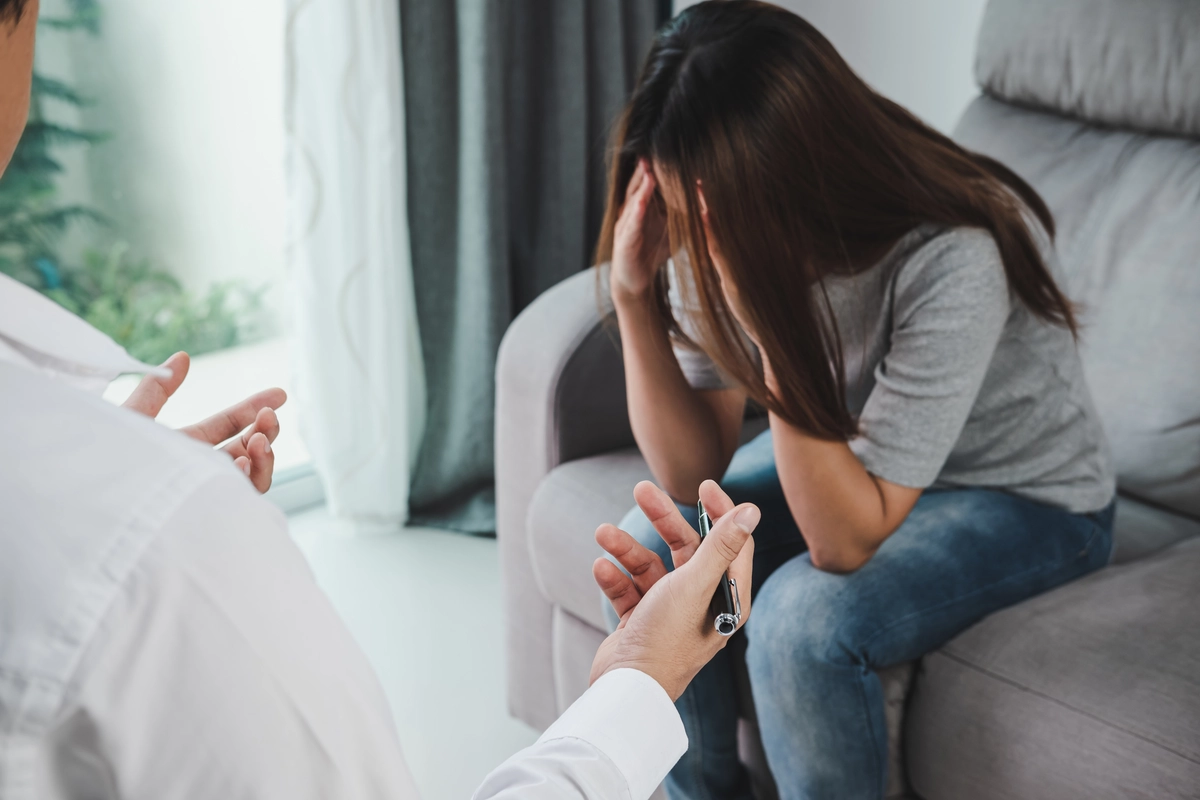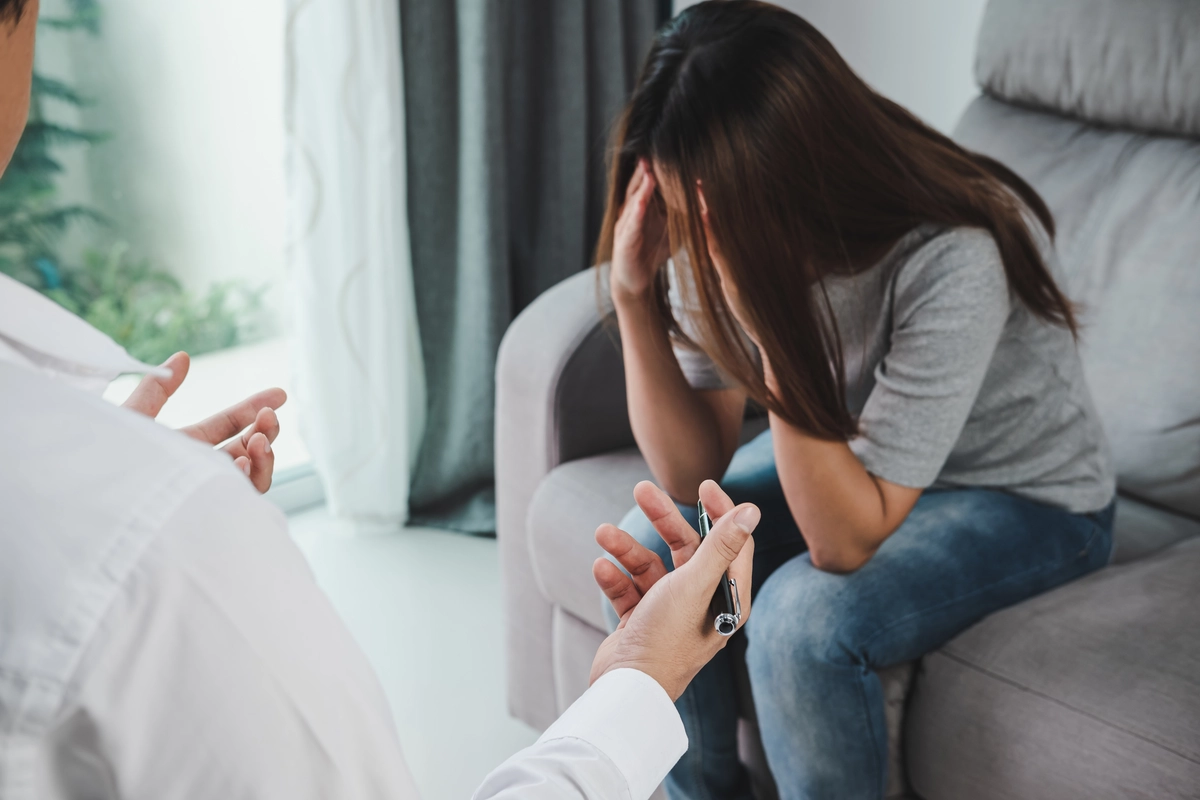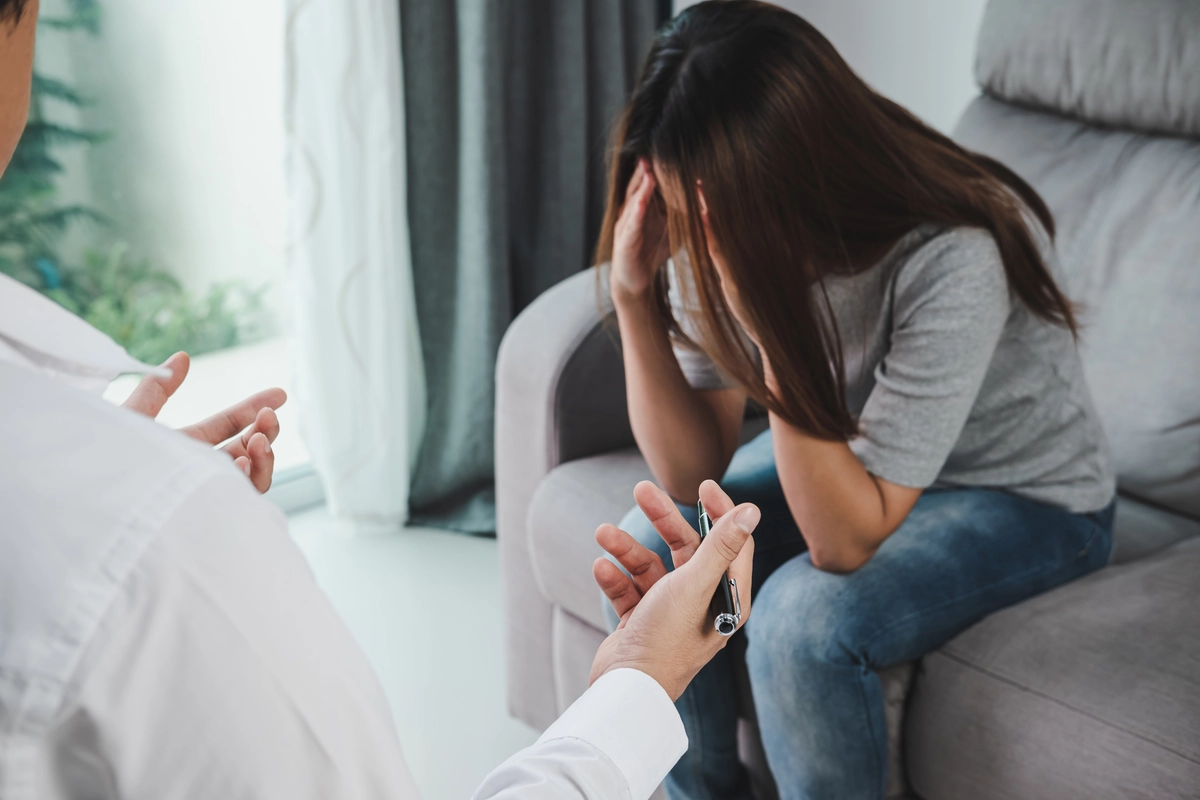24/7 Helpline:
(866) 899-221924/7 Helpline:
(866) 899-2219
Learn more about Depression Treatment centers in Sullivan County
Depression Treatment in Other Counties

Other Insurance Options

EmblemHealth

Humana

CareFirst

ComPsych

American Behavioral

Highmark

Regence

Choice Care Network

AllWell
Beacon

Horizon Healthcare Service

Access to Recovery (ATR) Voucher

Excellus

Group Health Incorporated

Premera

Anthem

Health Choice

Amerigroup

Sliding scale payment assistance

Holman Group

Frontier Health Victory Center
Frontier Health Victory Center is a private rehab located in Kingsport, Tennessee. Frontier Health V...

Comprehensive Community Services – Outpatient Treatment
Comprehensive Community Services (CCS) is a co-occurring substance use disorder drug rehab facility ...

Frontier Health – Holston Counseling Center
Frontier Health - Holston Counseling Center is located in Kingsport, Tennessee. Frontier Health - Ho...

Kingsport Family Recovery Associates
Kingsport Family Recovery Associates is a private rehab located in Kingsport, Tennessee. Kingsport F...

Frontier Health – Sullivan House
Frontier Health - Sullivan House is located in Blountville, Tennessee. Frontier Health - Sullivan Ho...

Cognitive Behavioral Therapists of the Tri Cities
Cognitive Behavioral Therapists of the Tri Cities is a private rehab located in Kingsport, Tennessee...



















































Goodwill of Tenneva Area
Goodwill of Tenneva Area is a private rehab located in Kingsport, Tennessee. Goodwill of Tenneva Are...

Counseling and Counsultation Services
Counseling and Counsultation Services is a private rehab located in Kingsport, TN. Counseling and Co...

Frontier Health – Link House
Frontier Health - Link House is located in Kingsport, Tennessee. Frontier Health - Link House is a G...




































